Understanding and Preventing Sexually Transmitted Infections: HIV, Syphilis, and Hepatitis Viruses
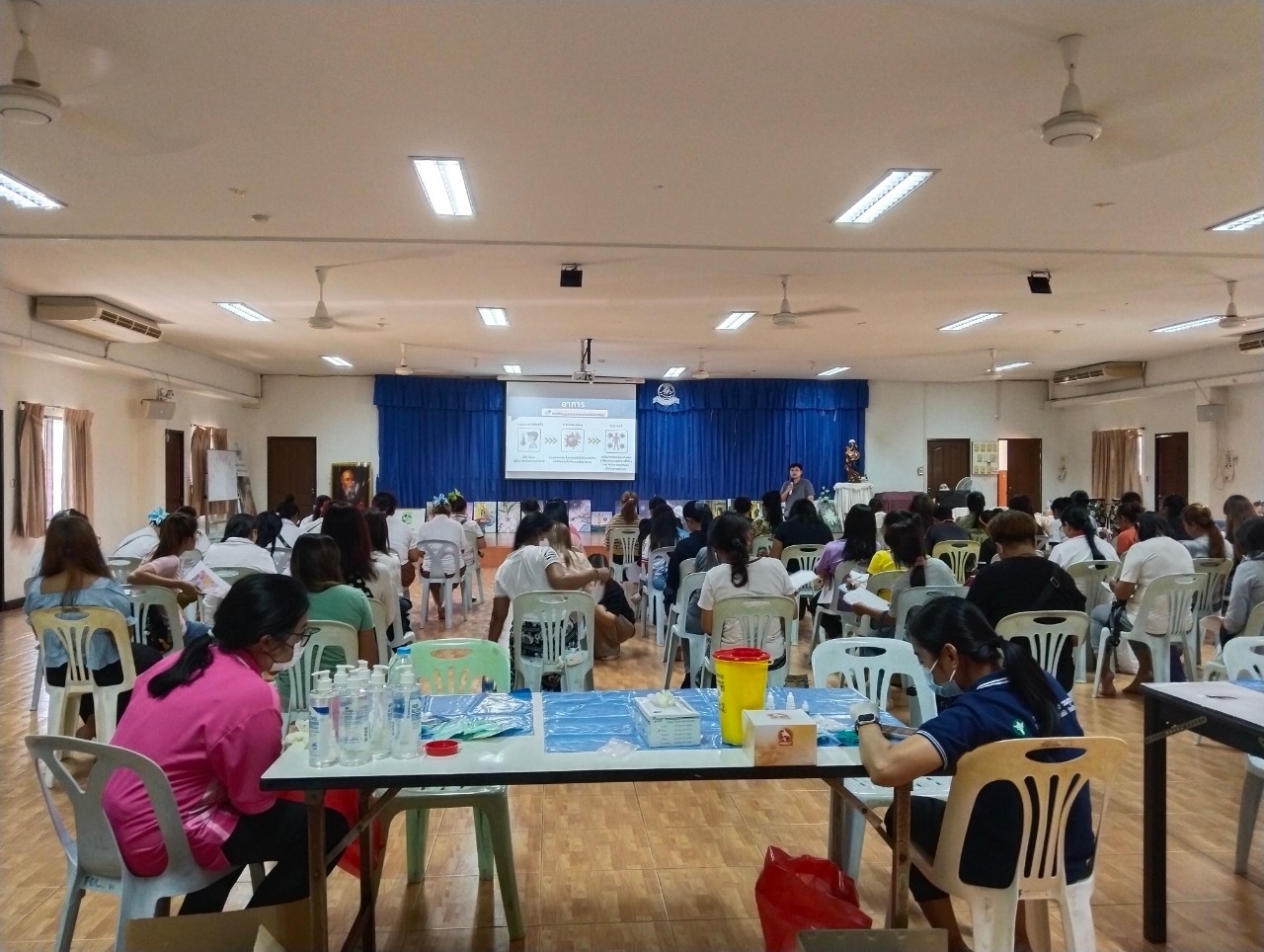
9 August 2023
Sexually transmitted infections (STIs) continue to present significant global public health challenges. The Pahyaruk Foundation is steadfast in its commitment to raising awareness about STIs and advocating for preventive measures. In this article, we will explore three major STIs: HIV, syphilis, and hepatitis viruses. Additionally, we will discuss effective strategies to prevent the transmission of these infections.

HIV is a virus that targets the body's immune system, potentially progressing to acquired immunodeficiency syndrome (AIDS) without proper treatment. Its main modes of transmission include unprotected sexual contact, sharing needles, or transmission from an infected mother to her child during childbirth or breastfeeding. To minimize the risk of HIV transmission, individuals are advised to:
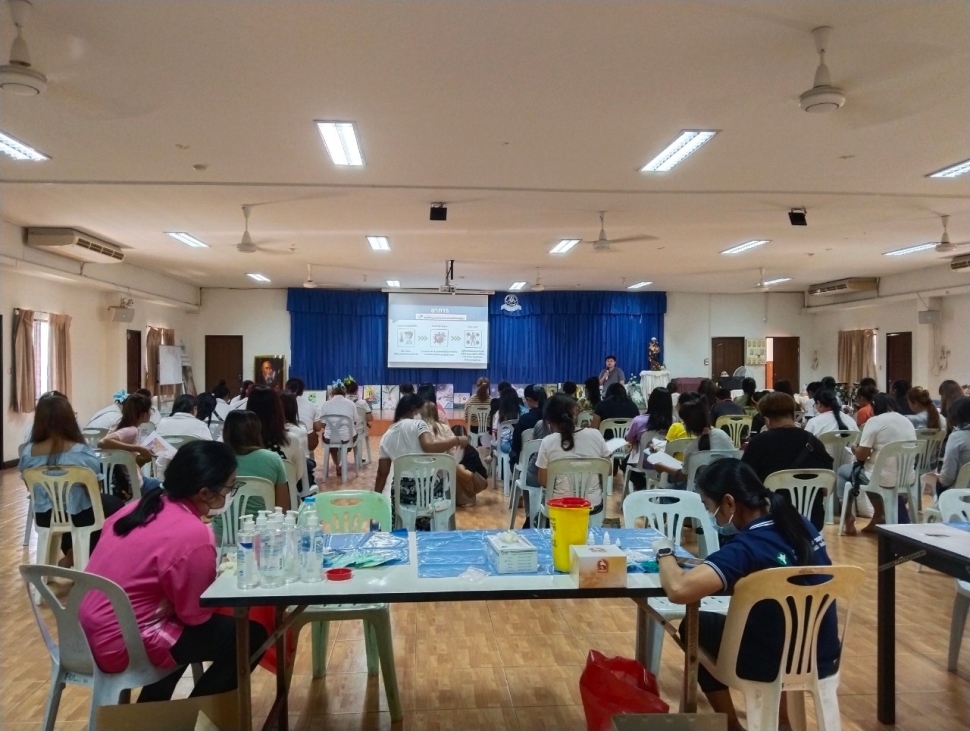
Practice Safe Sex: Consistently using condoms during sexual activity significantly reduces the risk of HIV transmission.
Undergo Testing: Regular HIV testing is vital, especially for individuals with multiple partners or engaging in high-risk behavior.
Pre-Exposure Prophylaxis (PrEP): PrEP involves taking antiretroviral medications to lower the risk of contracting HIV. It is recommended for individuals at high risk of infection.

Syphilis:
Syphilis is a bacterial infection that can lead to severe complications if left untreated. It spreads through direct contact with syphilis sores during sexual activity. Preventive measures against syphilis include:
Safe Sexual Practices: Proper and consistent condom usage lowers the risk of syphilis transmission.
Regular Testing: Routine testing for STIs enables early detection and timely treatment if syphilis is contracted.
Partner Communication: Openly discussing sexual history and STI status with partners promotes safer behaviors.
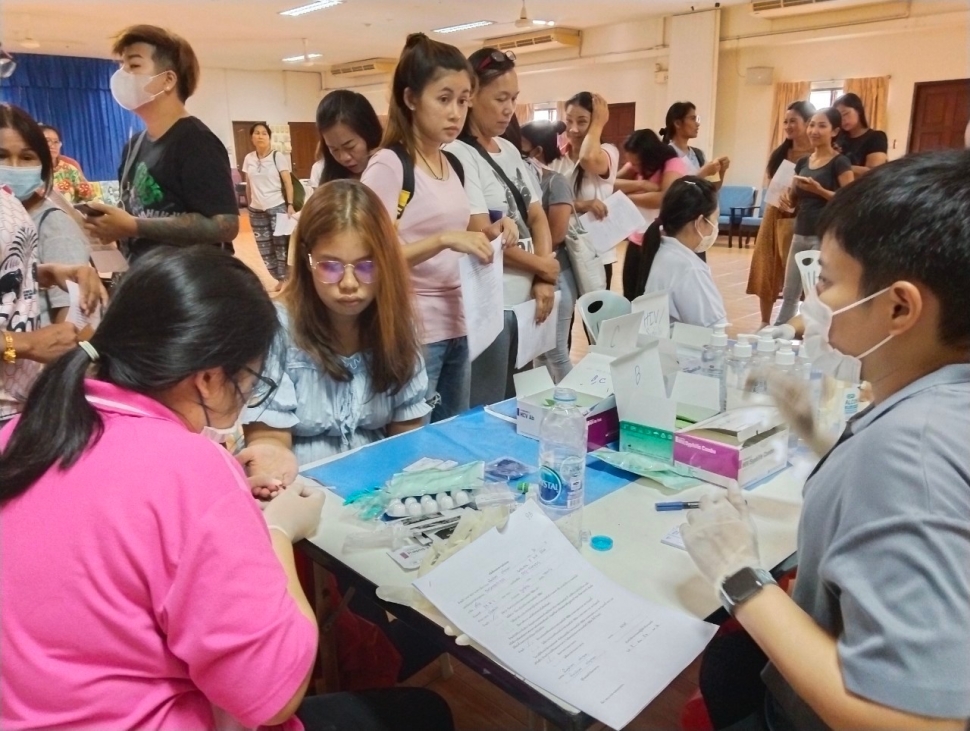
Hepatitis Viruses (Hepatitis B and C):
Hepatitis B and C are viral infections primarily affecting the liver. These infections can be transmitted through unprotected sex, sharing needles, or from an infected mother to her child during childbirth. Preventive strategies for hepatitis viruses include:
Vaccination: Vaccines are available for both hepatitis B and, to some extent, hepatitis C. Getting vaccinated is a fundamental preventive measure.
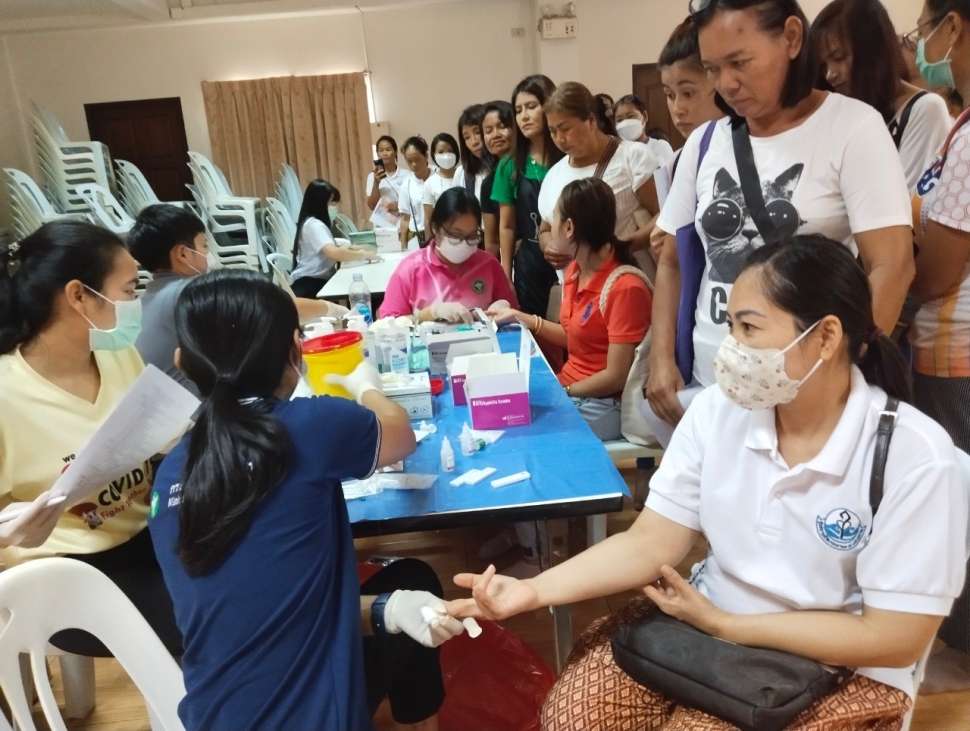
Safe Injection Practices: Refraining from sharing needles or injection equipment is crucial to prevent hepatitis transmission.
Safer Sex: Consistent condom use helps reduce the risk of hepatitis transmission, especially during high-risk activities.
Raising awareness and enhancing understanding of STIs are essential in curbing their spread and associated health risks. The Pahyaruk Foundation is dedicated to educating individuals about HIV, syphilis, and hepatitis viruses, as well as emphasizing the significance of prevention.
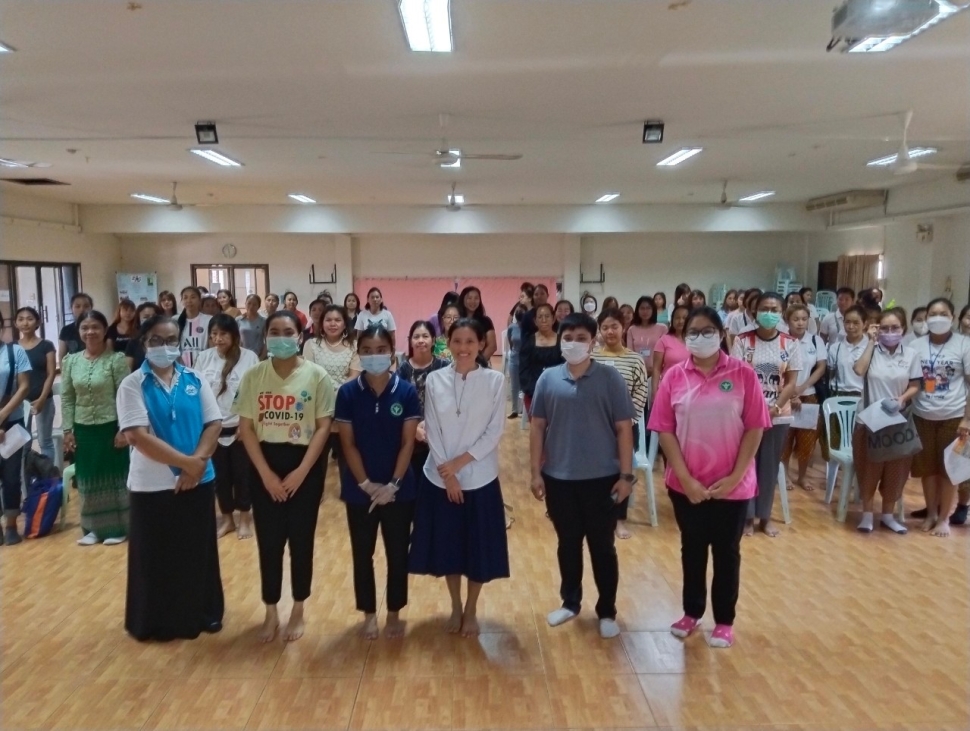
By adopting safe sexual practices, undergoing regular testing, and utilizing available vaccines and medical interventions, we can collectively work towards decreasing the prevalence of these infections and ensuring a healthier future.
Remember, knowledge empowers us in the battle against STIs.









